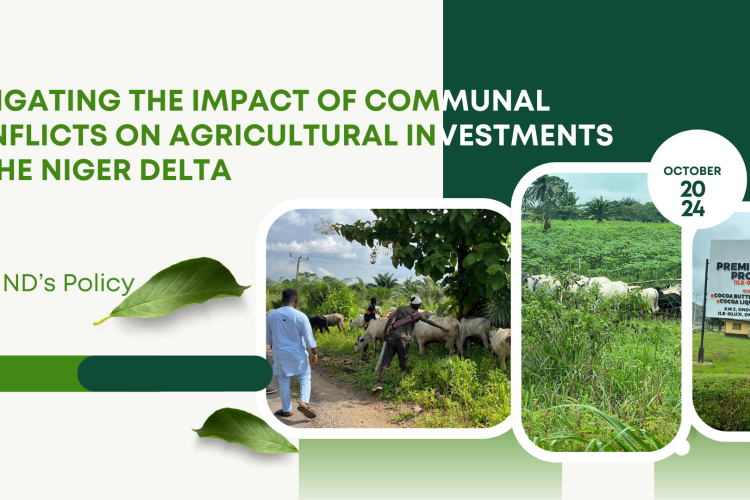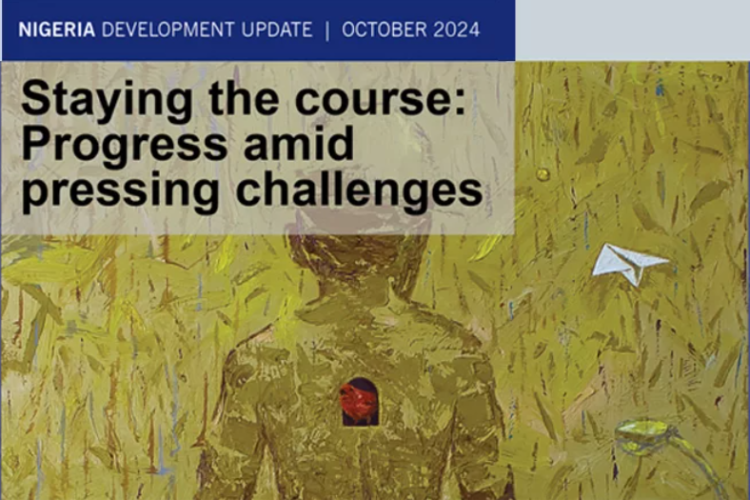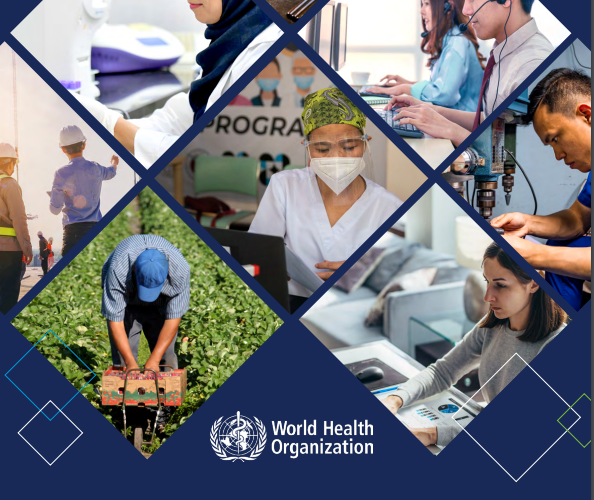
The Future is decentralized: blockchain and the future of sustainable development
April 20, 2018Request for Expression Interest for a Strategic Review of OSOPADEC’s Operations for enhanced Institutional performance
May 4, 2018
This economic update provides an overview of recent developments in the Nigerian economy. Low oil revenues and the lack of major tax policy reforms to significantly increase non-oil revenues led to large revenue shortfalls at all levels of government in 2016. Monetary policy remained accommodative, with broad money growth at 18.5 percent, driven by increased lending from the Central Bank to the Government to finance the budget deficit.
After a sharp depreciation of the exchange rate following the June 2016 liberalization of the Naira, the Central Bank of Nigeria (CBN) maintained the interbank exchange rate at around N 305 per USD.
Also Download: Oxfam Report: an economy for the 99%
The 2nd chapter describes the World Bank’s view on Nigeria’s economic outlook for 2017. The 3rd chapter summarizes the findings of a forthcoming Bank report “Toward Sustainable Growth in Nigeria: Empirical Analysis and Policy options”, which analyzes the patterns of economic growth in Nigeria; the underlying determinants of growth from both a macro and micro perspective; and policy priorities to support higher growth.
In addition, analysis of constraints to doing business and the impact of current trade policies highlights the need to improve access to finance, improve the reliability of power supply, and adjust trade policies to promote productivity growth.
Download report below









